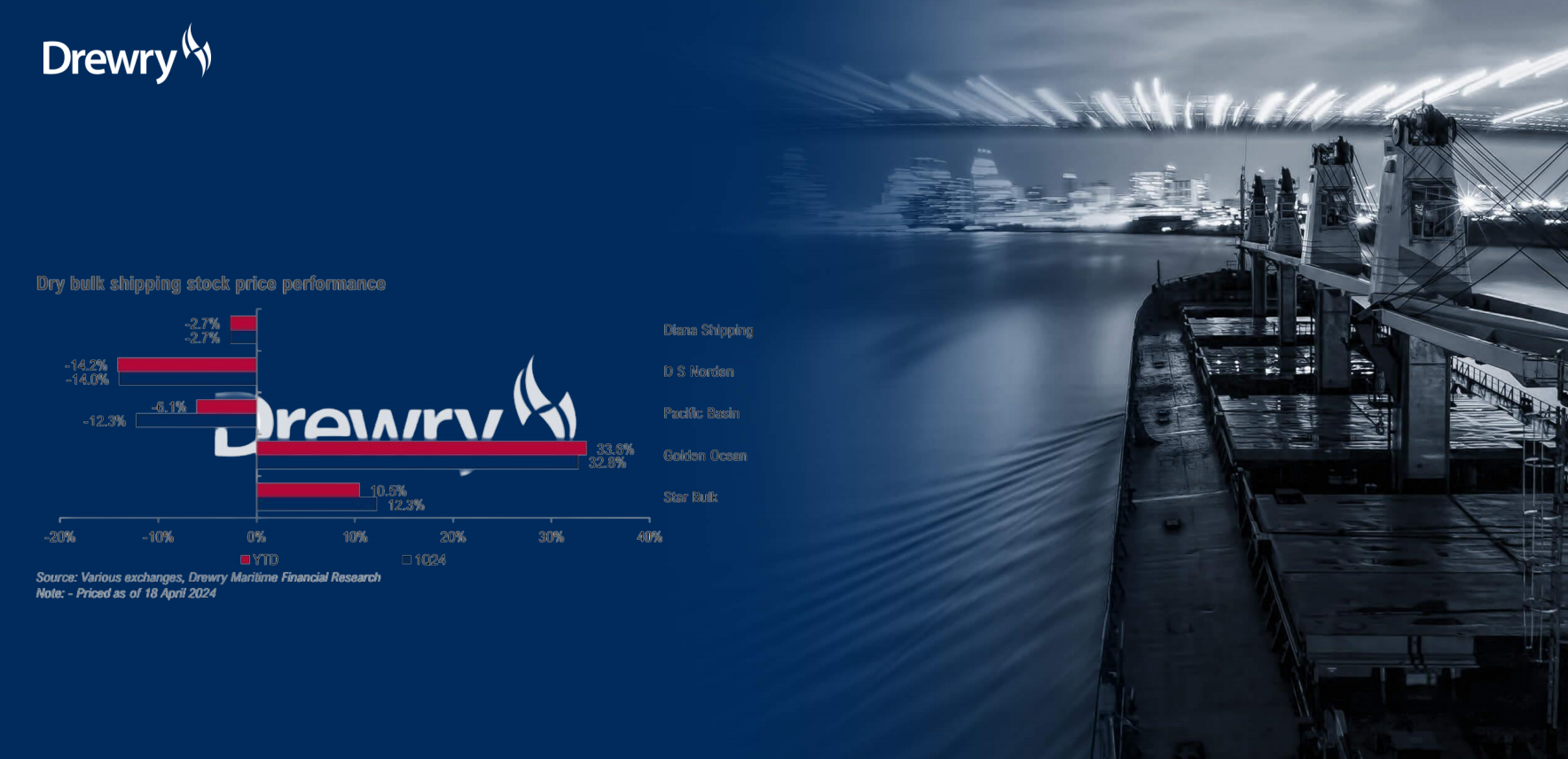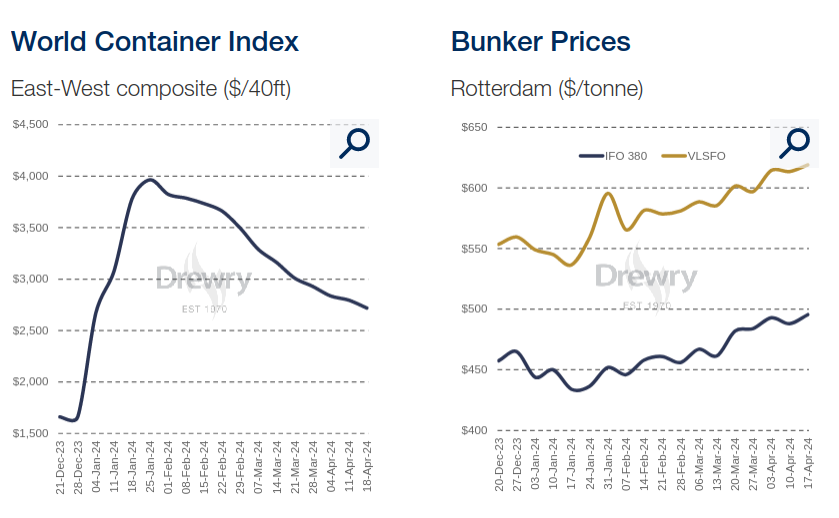
Iran’s recent attack on Israel and its seizure of MSC Aries have significantly heightened tensions in the Middle East, amplifying concerns for maritime operations. The ripple effects extend far beyond political borders, particularly impacting the strategic waterways of the Strait of Hormuz and the Gulf region. In light of these developments, industry experts are closely examining the potential ramifications on global trade routes and exploring contingency measures to safeguard supply chain integrity.
Philip Damas, Head of Drewry Supply Chain Advisors, underscores the complexities arising from any escalation in hostilities near the Strait of Hormuz. The region’s significance as a critical maritime passage underscores the urgency for stakeholders to assess and address potential disruptions proactively. Damas emphasizes the need for carriers to adopt strategic measures to mitigate the risks posed by heightened tensions effectively.
One notable aspect of concern is the expanded risk area for containerships, stretching eastwards from the Suez Canal/Red Sea/Gulf of Aden zone to encompass the entire Strait of Hormuz/Gulf region. This widening threat landscape necessitates a multifaceted approach to risk management, encompassing both short-term response mechanisms and long-term strategic planning.
In response to these challenges, industry players are exploring various strategies to enhance resilience and adaptability in the face of geopolitical uncertainties. Custom bid support services for shippers and BCOs (Beneficial Cargo Owners) offer a tailored approach to navigating the evolving landscape of ocean freight costs. By leveraging robust market intelligence and advanced procurement technologies, logistics operations can optimize their tender processes and enhance cost-effectiveness.

Moreover, access to comprehensive ocean freight rate and capacity intelligence is becoming increasingly vital for informed decision-making. Annual subscriptions to services such as Container Freight Rate Insight, Drewry Benchmarking Club, and Container Capacity Insight provide invaluable insights into market dynamics, facilitating strategic planning and risk mitigation efforts.
In addition to intelligence services, advisory support plays a crucial role in assisting stakeholders in navigating complex procurement and bid management processes. From contract appraisal and design to carrier strategy workshops, industry-leading consultancy firms offer tailored solutions to align ocean freight strategies with overarching business objectives.

As the geopolitical landscape continues to evolve, proactive measures such as fuel advisory and management services assume greater significance in ensuring operational stability and cost efficiency. By providing clarity and control over fuel pricing dynamics, these services empower stakeholders to navigate volatility and optimize operational performance amidst uncertainty.
In summary, the recent escalation of tensions in the Middle East underscores the imperative for stakeholders across the maritime industry to adopt a proactive and strategic approach to risk management. By leveraging a combination of market intelligence, advisory support, and contingency planning, industry players can enhance resilience and safeguard supply chain continuity in an increasingly volatile geopolitical environment.
Source:Drewry
